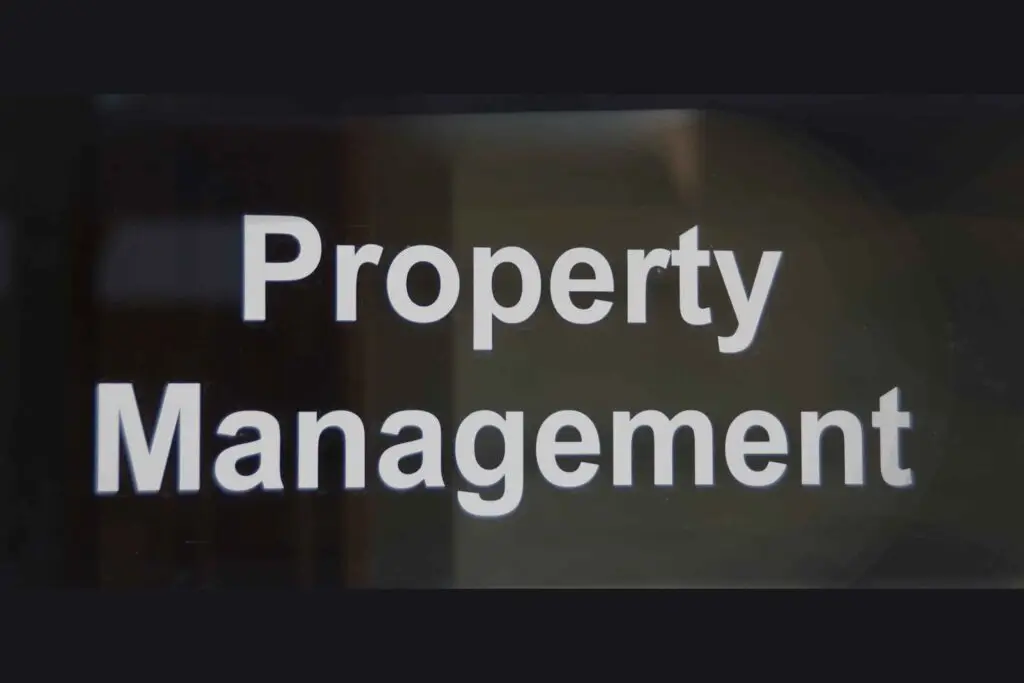Tax minimization can be a game-changer for Texas landlords and property owners. Understanding how to lower your tax burden can directly impact your bottom line, making your real estate investments more profitable. Tax strategies are especially important for pre-retirees looking to diversify their portfolios, as well as high net worth individuals who view real estate as part of their broader wealth management plan.
Understanding Property Tax Deductions

Property tax deductions can significantly reduce your tax burden. As a landlord or property owner in Texas, knowing what you can deduct is essential. Common deductions include mortgage interest, property taxes, and certain repair costs. These deductions can add up, saving you a lot of money over time.
Pre-retirees and high net worth individuals often benefit from maximizing these deductions. Mortgage interest is one of the biggest deductions you can take. Every year, the interest you pay on your loan is deductible, which can be a considerable amount. Real estate professionals and financial advisors should ensure their clients take advantage of this.
You can also deduct the property taxes you pay to the county. This is a straightforward deduction that applies to all property owners. Self-directed IRA holders and expatriates investing in residential real estate should be aware of this benefit. Additionally, repairs and maintenance costs that keep your property in good shape are deductible. This includes fixing leaky roofs, painting, and emergency repairs.
Depreciation Benefits for Real Estate Investments

Depreciation is another big tax benefit for Texas property owners. You can depreciate the value of your property over time, spreading the cost deductions over several years. This can lower your taxable income, saving you money. Pre-retirees and individual investors can use this to improve their cash flow each year.
Depreciation applies to the building itself, not the land. The IRS allows you to depreciate residential properties over 27.5 years. For real estate investment clubs, understanding this can save the group a lot of money. High net worth individuals often use depreciation to offset rental income and lower their tax bills.
Calculating depreciation can be tricky. You need to know the property’s adjusted basis, subtract the land value, and then divide by the years allowed for depreciation. This process is important for property managers and developers who want to optimize their tax situations. Retirement planners should include depreciation benefits when advising clients on real estate investments.
Maximizing Tax Savings Through Expense Management

Managing your expenses carefully can lead to significant tax savings. Business expenses related to your rental property can be deducted, reducing your taxable income. There are many expenses you can claim. Some of the significant ones include advertising, professional services, and property management fees.
Advertising costs, like online listings and print media, are deductible. For pre-retirees and recent retirees investing in real estate, these small expenses can quickly add up. High net worth individuals and real estate investment clubs should track these costs to maximize their deductions.
Professional services fees are also deductible. This includes fees paid to accountants, attorneys, and real estate consultants. Self-directed IRA holders and expatriates new to the Texas market often use these services to manage their investments. By carefully documenting these expenses, you can reduce your taxable income.
Finally, property management fees can be deducted. Entrepreneurs and small to medium real estate investment groups may hire property managers to handle day-to-day operations. This is a smart move that also offers tax benefits. Carefully managing and documenting these expenses ensures you get the most out of your investment.
Advanced Tax Strategies for High Net Worth Individuals and Real Estate Groups

High net worth individuals and real estate groups often need advanced tax strategies to optimize their investments. One such method is the 1031 exchange, which allows property owners to defer capital gains taxes when they swap one investment property for another. This strategy is beneficial for those seeking to grow their portfolios without a hefty tax bill.
Another advanced strategy is utilizing passive activity loss rules. These rules help offset rental property losses against other passive income, reducing overall taxable income. Real estate investment clubs can use this to balance their gains and losses, keeping their tax bill lower.
Estate planning is also crucial for high net worth individuals. Setting up trusts and family partnerships can minimize estate taxes and ensure smooth property transfers to heirs. Retirement planners and financial advisors often recommend these strategies to help their clients preserve wealth. By taking advantage of these advanced strategies, you can protect your assets and optimize your real estate investments.
Conclusion

Knowing how to reduce your tax burden can make a big difference in your real estate investment returns. By understanding property tax deductions, using depreciation benefits, and managing expenses wisely, you can save a lot of money. High-net-worth individuals and real estate groups can take it a step further with advanced strategies to optimize their portfolios.
Tax-saving strategies aren’t just for big players. Pre-retirees, recent retirees, and small investors can also benefit from these tips. Even real estate professionals and property managers can use these insights to offer better advice to their clients. It’s all about being informed and making smart decisions.
Don’t miss out on the chance to maximize your real estate earnings. For more personalized advice and comprehensive tax planning services, contact Elysium Real Estate Investments today. Let us help you maximize your real estate investments and achieve your financial goals.
Disclaimer: The information provided in this blog is for general informational purposes only and does not constitute legal, tax, or financial advice. We recommend that Texas landlords and property owners consult with a qualified tax advisor or attorney to address their specific needs and circumstances. Elysium Real Estate Investments LLC is not responsible for any actions taken based on the information provided in this blog.
LEARN TO INVEST WITH US.
We accept queries from accredited domestic and foreign investors seeking single and small multifamily investment opportunities.











